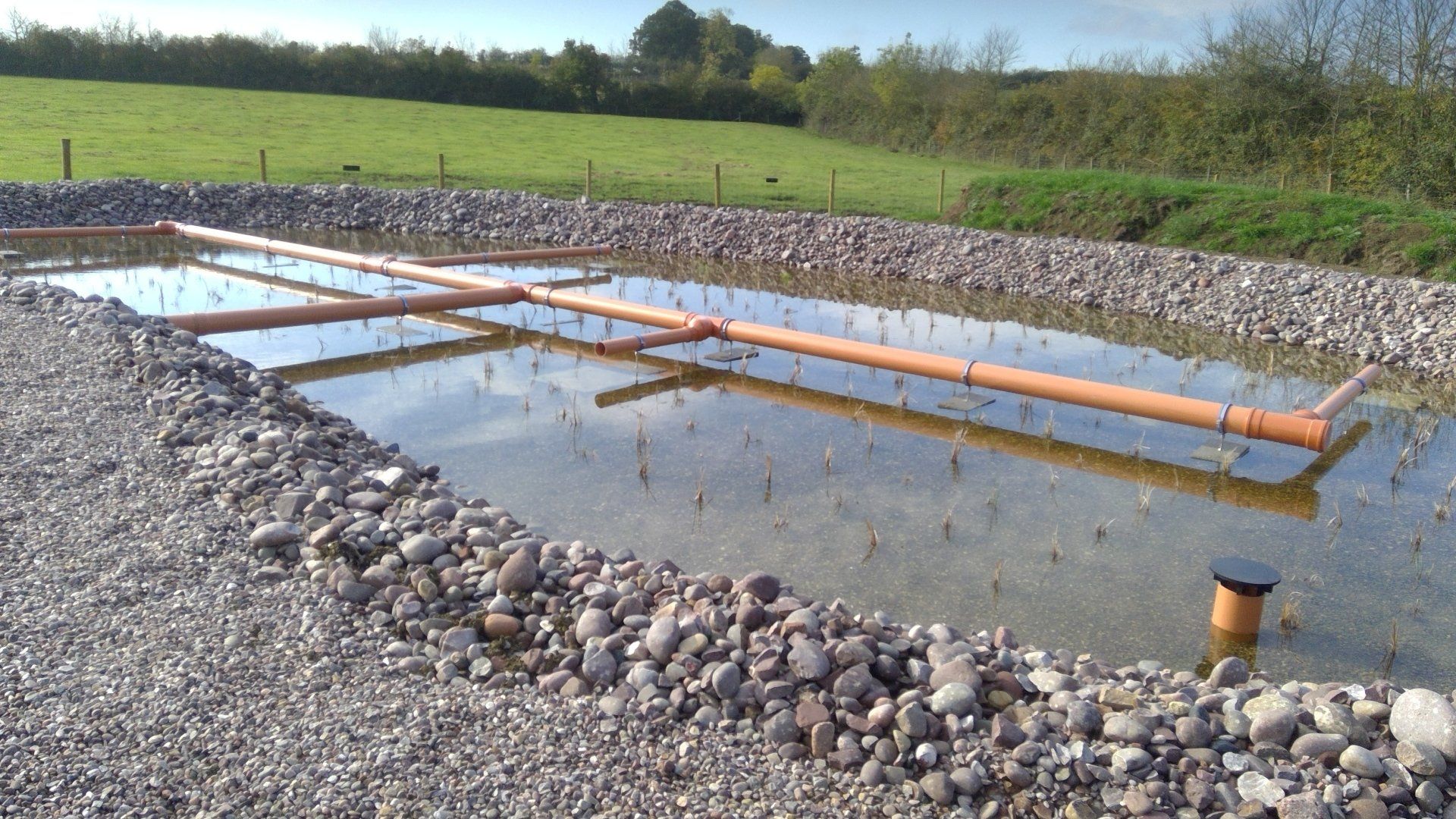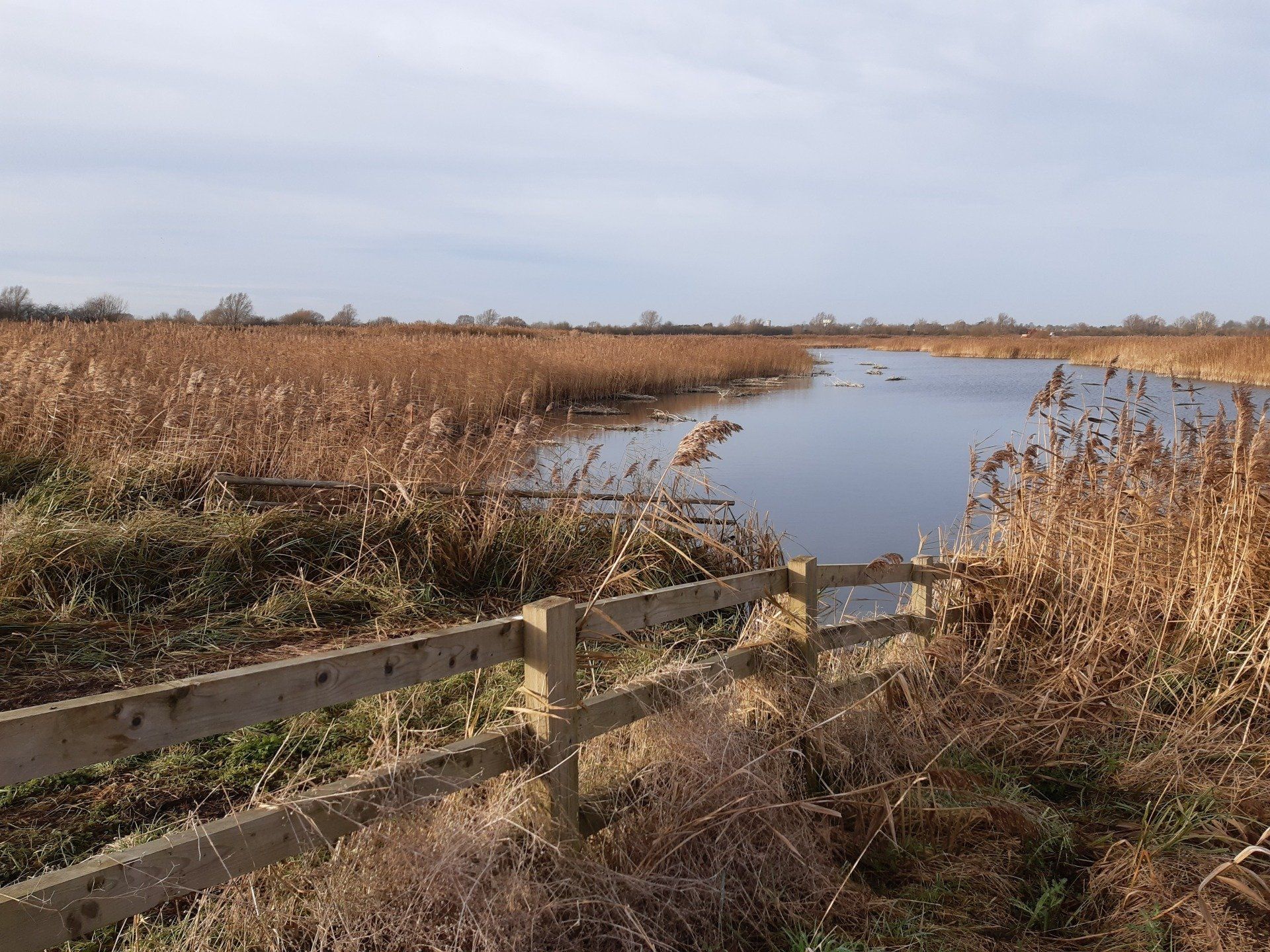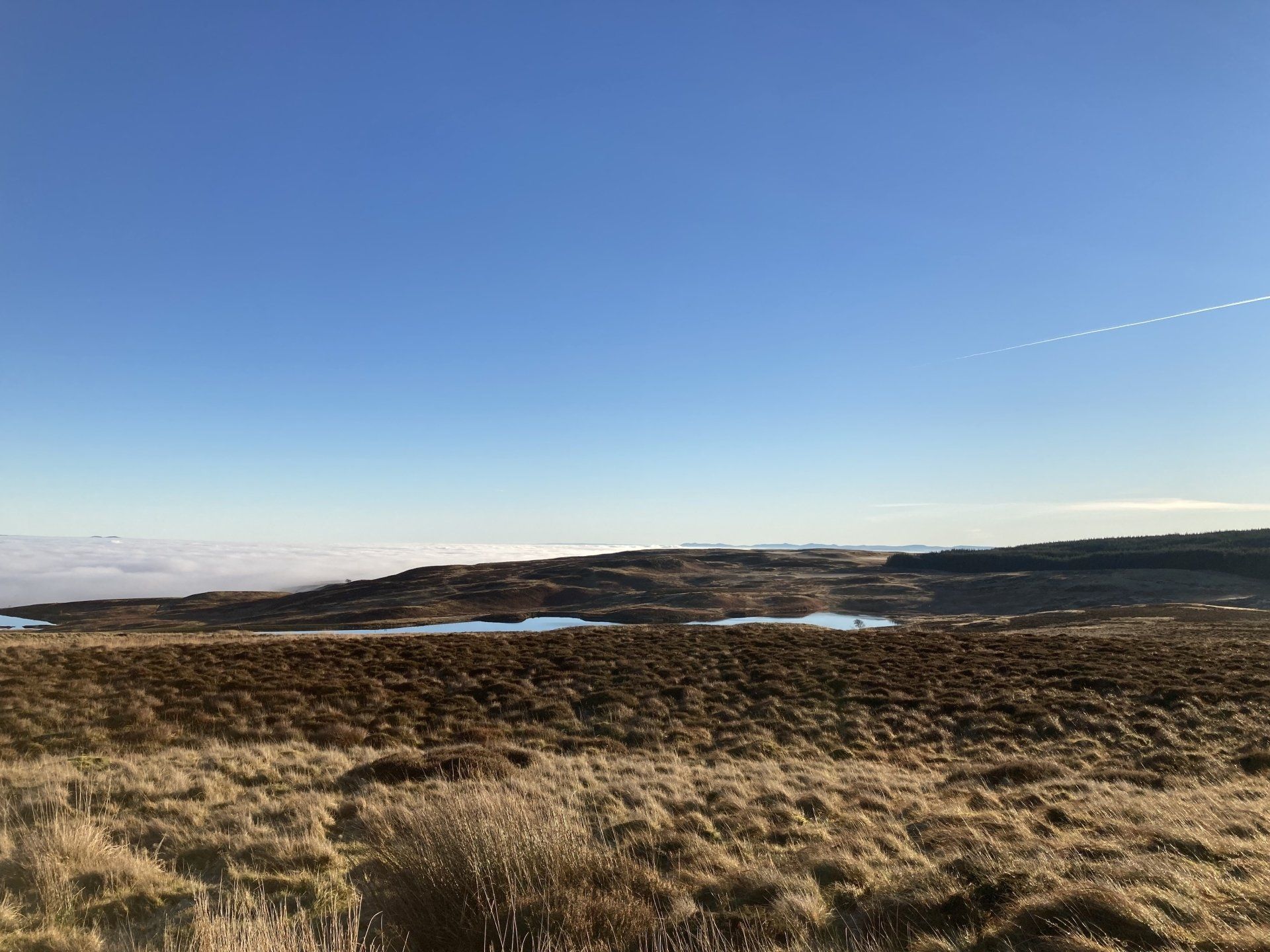Restoration, Construction and Protection of Wetlands
Wetlands are an important part of our natural ecosystem but account for only 3% of the UK’s surface area. Over the last 100 years, the UK has lost 90% of wetland habitats that are crucial to the survival of 10% of all UK species (2021 River Basin Management Plan). As a natural solution to help combat climate change, this World Wetlands Day, Envireau Water joins the call to ‘take action’ for wetlands.
Restoration
Wetland restoration requires careful planning and a detailed understanding of hydraulic interactions to achieve a beneficial result and successful solution. Within the Quarrying sector, once mineral extraction is complete, restoration plans often feature the development of wetland areas as a regulatory requirement.
To date, one of our largest projects has been the restoration of a 500-ha sand and gravel quarry site to a conservation wetland. The main challenge was to find a solution to that would provide sufficient water to sustain habitats during dry periods, whilst being able to attenuate very large volumes of water, moving at high velocities, through wetland cells during storm events.
Following our delivery of a cost-effective and technically robust model that successfully showed that the system would support the proposed wetland and not increase flood risk, planning and design were able to progress. With good management and protection, the restored wetland has the potential to make positive contributions to
UK Biodiversity goals and targets.

Protection
Across the north and west of the UK in particular, blanket bog (peat wetland) is an extensive upland habitat and provides a vital form of flood resilience for lowland areas. The same habitats are also prime development areas for wind farms, which like any other development, requires careful planning to achieve the maximum benefits for society whilst protecting and, where possible, enhancing the natural environment.
For many years we have supported developers and regulators to assess the risks of windfarm developments on the natural water environment. By thoroughly understanding these sensitive shallow water environments, and how they are supported, negative impacts can be mitigated to create the minimum impact on locally and nationally important groundwater dependent terrestrial ecosystems (GWDTEs).
Take Action
Recognising the value of wetlands is the first step to ‘take action' this World Wetlands Day. Whether you require regulatory support to restore a wetland, design guidance for construction of something new, or a robust understanding of the natural water environment to fully consider the impacts of a development, call us on 01332 871 882 to see how we can help you with your project.

Construction
Constructed wetlands are artificially created and an increasingly important technique for effluent and wastewater treatment. These systems, often referred to as reed bed treatment systems, provide naturally occurring filtration that improve water quality, without chemicals, before discharging the wastewater into the environment.
One of our clients, a large woodland charity with a strong environmental ethos chose this solution to meet regulatory requirements. As a type of passive treatment that relies on natural processes, treatment time can be slower than that of more active systems that use chemicals and other techniques; however, they have lower operational costs, minimal environmental impacts and can enhance local biodiversity.








